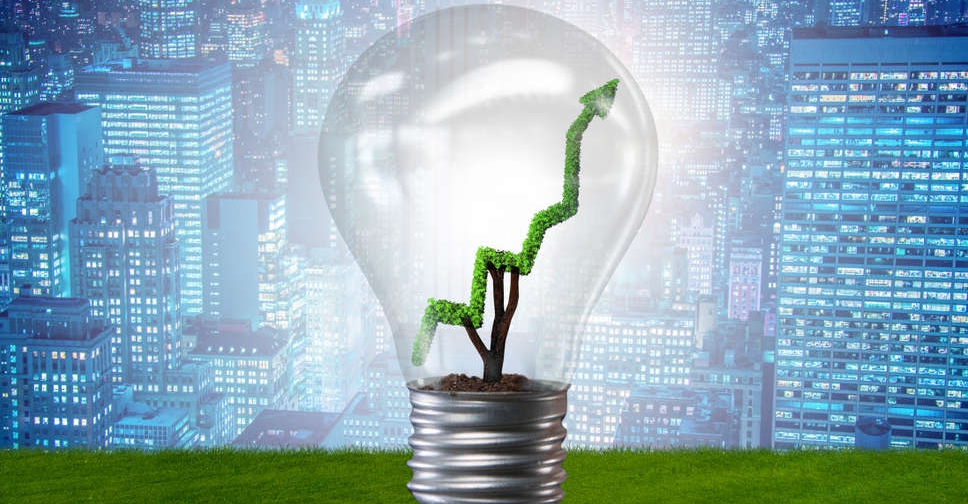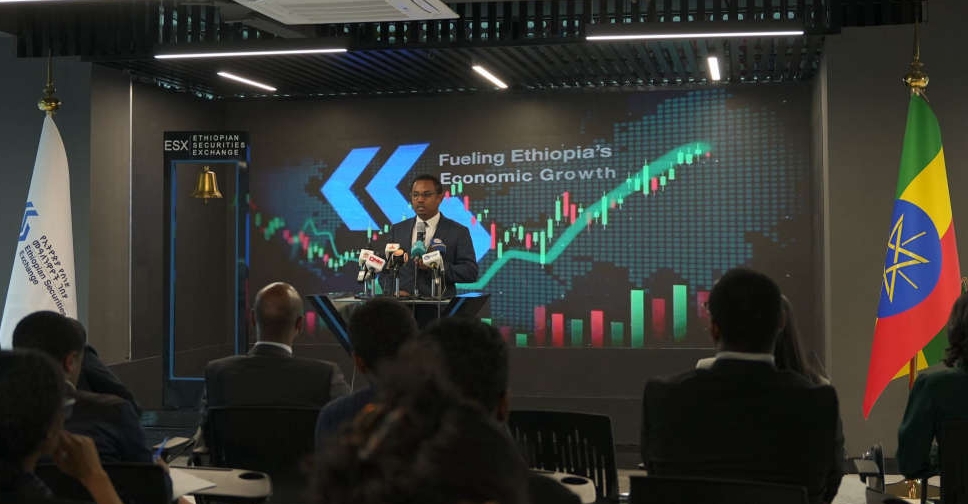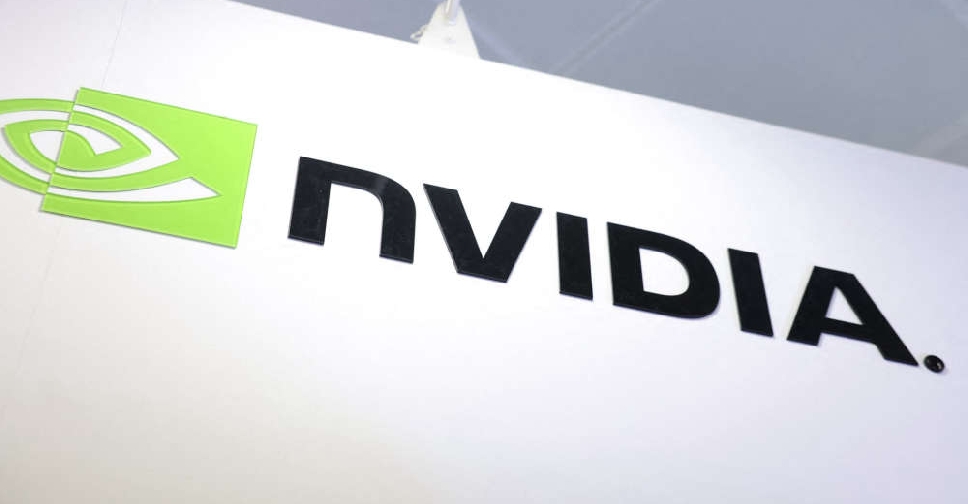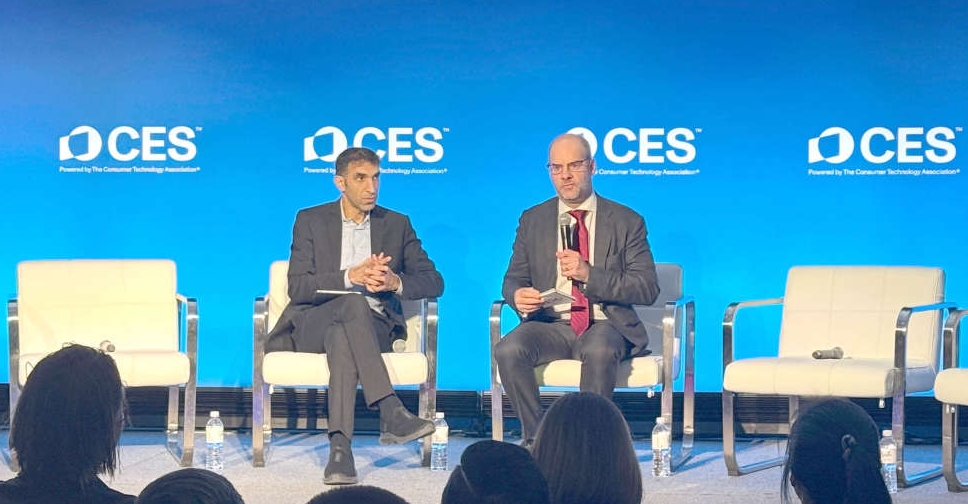
The amount of money allocated by governments to support clean energy investment since 2020 has risen to USD 1.34 trillion (AED 4.92 trillion).
This is according to the latest update of the IEA’s Government Energy Spending Tracker.
Around USD 130 billion (AED 478 billion) of new spending was announced in the last six months – among the slowest periods for new allocations since the start of the Covid-19 pandemic.
This slowdown may be short-lived, however, as a number of additional policy packages are being considered in Australia, Brazil, Canada, the European Union and Japan. Already, government spending is playing a central role in the rapid growth of clean energy investment and expanding clean technology supply chains and is set to drive both to new heights in the years ahead. Notably, direct incentives for manufacturers aimed at bolstering domestic manufacturing of clean energy technologies now total around USD 90 billion (AED 331 billion).
At the same time, governments continue to increase spending on managing the immediate energy price shocks for consumers. Since the start of the global energy crisis in early 2022, governments have allocated USD 900 billion (AED 3.3 trillion) to short-term consumer affordability measures in addition to pre-existing support programmes and subsidies. Around 30 per cent of this affordability spending has been announced in the past six months.
These measures have had a major role in moderating price increases for end users, but the energy crisis nonetheless took a toll on many people’s budgets. According to the IEA’s latest data on end-user prices across 12 countries, which together represent nearly 60 per cent of the global population, the average household spent a higher share of its income on energy in 2022 as energy prices outpaced nominal wage growth. On average, households in major economies spend between 3 per cent and 7 per cent of their incomes to heat and cool their homes, to power appliances, and to cook – though shares are higher for low-income households. In most major economies, the share of income spent on energy moved up by less than 1 per cent thanks to government interventions.
At the pump, consumers felt the impact more acutely, especially in emerging markets and developing economies, where transport fuels accounted for the joint largest increase in household spending in 2022 alongside food. Without government intervention, this would have been much higher. This was the case in Indonesia, where the average household total energy expenditure would have tripled in 2022 were it not for affordability support.
Early numbers for 2023 show that wholesale energy prices are easing. However, retail prices are unlikely to fall as quickly. High prices are already making clean energy technologies more cost-competitive, notably electric vehicles and heat pumps, which saw record sales in 2022. As high prices persist, the uptake of clean energy technologies is set to accelerate further, hastening the emergence of the new energy economy.




 Ethiopia to open stock exchange in drive for investors
Ethiopia to open stock exchange in drive for investors
 Supreme Court to hear fight over looming US ban on TikTok
Supreme Court to hear fight over looming US ban on TikTok
 Nvidia criticizes reported Biden plan for AI chip export curbs
Nvidia criticizes reported Biden plan for AI chip export curbs
 UAE advances tech cooperation with US partners at CES 2025
UAE advances tech cooperation with US partners at CES 2025


